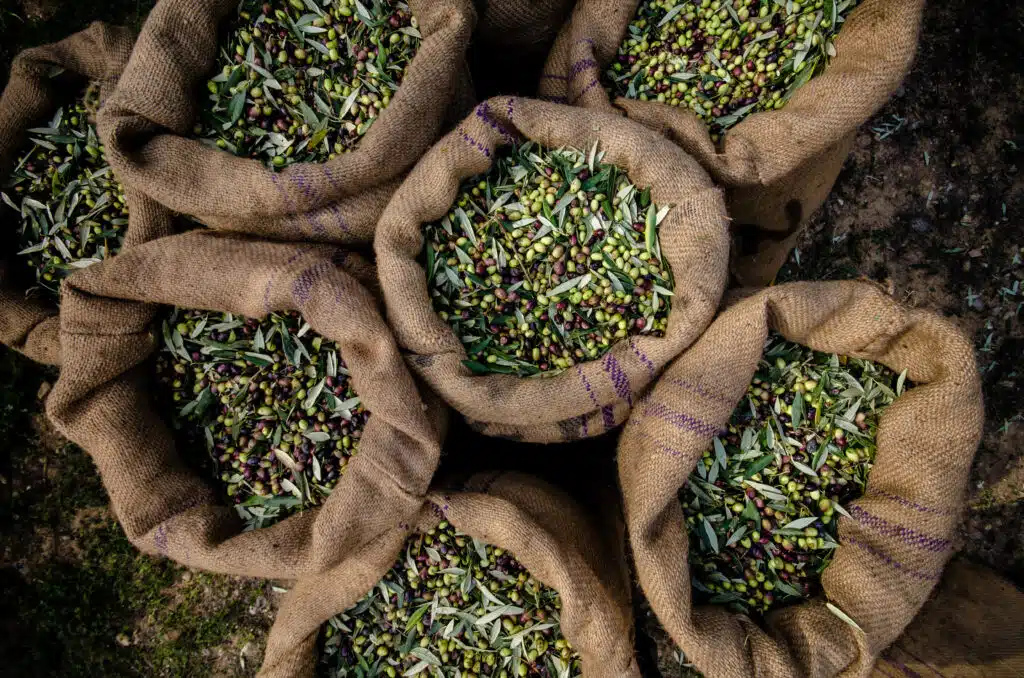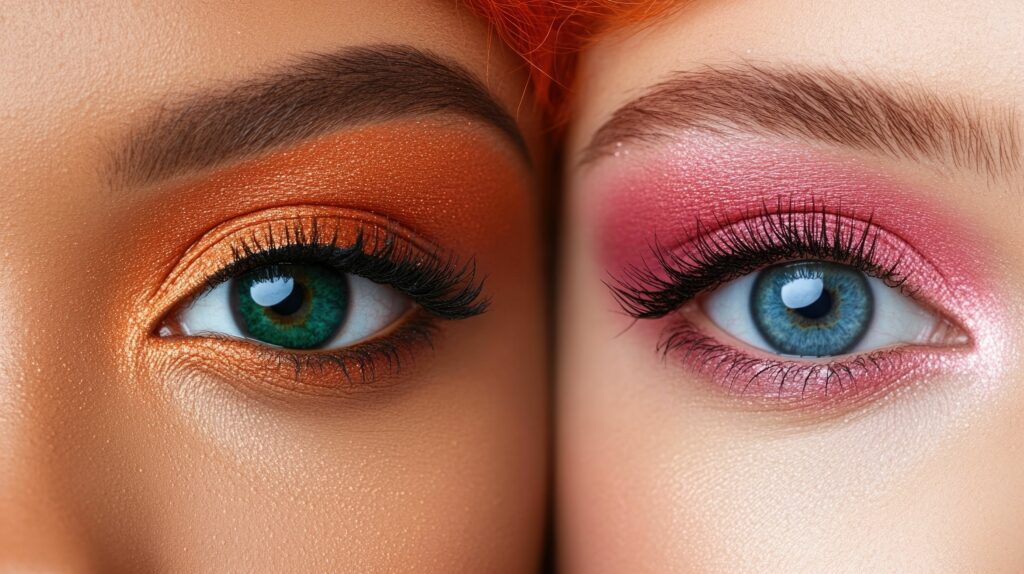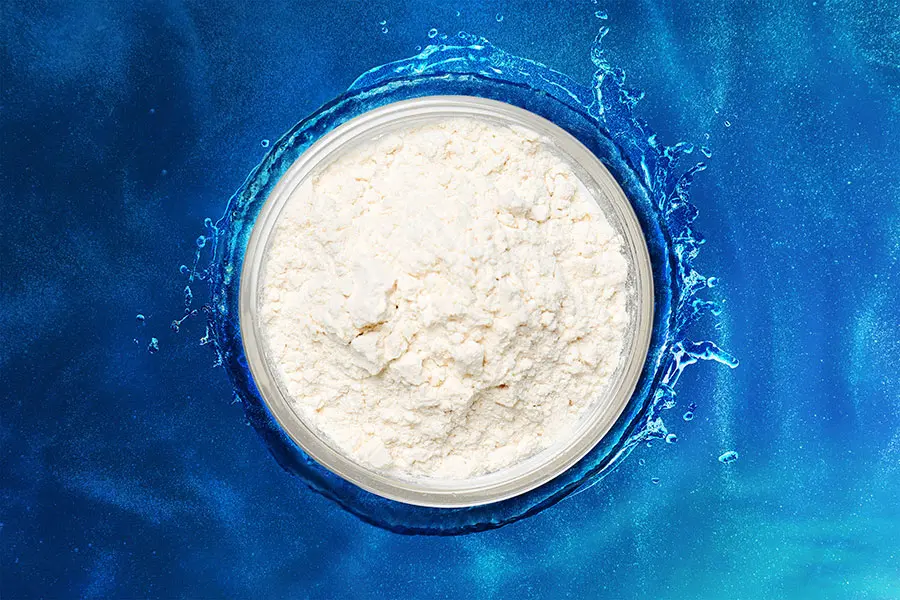Sustainable Biotech: Rethinking Beauty from the Cell Up
In a world where climate change and conscious consumerism are reshaping every industry, the beauty sector is undergoing its own transformation. At the heart of this shift is biotechnology—a precise, powerful, and sustainable way to develop ingredients that deliver high performance with minimal environmental impact.
This isn’t about marketing buzzwords or greenwashed promises. This is science doing what science does best: innovating, optimizing, and solving real problems. At Deveraux Specialties, the second pillar of our 2025 Four Pillar Marketing Campaign—Sustainable Biotech—isn’t just a trend we’re observing. It’s a future we’re actively helping shape.
What Is Sustainable Biotech?
Let’s demystify the term. Sustainable biotech refers to the use of biological processes—like fermentation, cellular agriculture, and genetic engineering—to produce ingredients more efficiently, cleanly, and with less environmental strain than traditional extraction methods.
Instead of harvesting rare plants from fragile ecosystems or using harsh solvents to extract actives, we can use a single microbe, programmed to churn out the desired compound in a controlled environment. That microbe doesn’t need acres of farmland, doesn’t depend on seasonal crops, and doesn’t drain water supplies. It just needs the right nutrients, the right temperature, and time.
The benefits of sustainable biotech go beyond lower environmental impact. These methods use significantly less water, reduce the need for land and farming, and eliminate the need for harsh chemical solvents. What’s more, they provide a stable output that isn’t disrupted by supply chain issues or weather extremes.
Biotech methods often:
✅ Use up to 80% less water than conventional agriculture
✅ Require less land, reducing deforestation and biodiversity loss
✅ Eliminate chemical solvents, cutting down toxic waste
✅ Offer consistent yields, unaffected by climate volatility
For formulators, this means access to potent, stable, high-quality actives that are not only better for the planet—but better for performance. Sustainability and efficacy are no longer at odds.
From Fermentation to Functionality
One of the most widely adopted methods in sustainable biotech is fermentation. At its essence, fermentation is microbial alchemy. By feeding yeast, bacteria, or other microorganisms a carefully designed nutrient mix, they can be coaxed into producing a wide array of bioactives—from postbiotics to polyglutamic acid to even ceramides.
Why fermentation?
Because fermented ingredients often exhibit:
⏫ Increased bioavailability: making them easier for the skin to absorb
⏫ Improved stability: extending shelf life and maintaining potency
⏬ Reduced allergenicity: often gentler on sensitive skin
Take postbiotics as an example. Unlike prebiotics (which feed your skin’s microbiome) or probiotics (live bacteria), postbiotics are the metabolic byproducts—peptides, enzymes, acids—that carry the beneficial effects. These are naturally produced during fermentation and can help regulate the skin barrier, reduce inflammation, and balance the skin’s microbiome. They’re not only effective—they’re incredibly resilient in formulations.
Bioengineered Peptides: Targeting with Precision
Peptides are another frontier where sustainable biotech shines. Peptides used to be extracted from animal tissue or synthesized using solvent-heavy chemical processes. Today, they can be bioengineered through recombinant DNA technology, allowing scientists to design sequences that perform specific functions—stimulating collagen, improving barrier repair, targeting pigmentation—with pinpoint accuracy.
And when manufactured using microbial fermentation, these peptides become:
🌱 Vegan and cruelty-free
🎯 High-purity with minimal batch variability
💲 More scalable, reducing cost over time
From signal peptides that communicate with cells to enzyme-inhibiting peptides that modulate aging pathways, these advanced peptides are showing up in everything from anti-aging creams to products that improve skin texture, tone, and resilience. For formulators, they offer the flexibility to create highly targeted and innovative skincare solutions.
Microalgae: The Solar-Powered Skincare Solution
Microalgae is one of the oldest life forms on Earth. Today, it’s at the bleeding edge of beauty biotech. Grown in bioreactors or open-pond systems, microalgae can produce powerful antioxidants, UV-protectants, and anti-inflammatory molecules—all while capturing carbon dioxide and purifying water. Because they absorb carbon dioxide and release oxygen, their cultivation actually helps reduce greenhouse gases.
What does this mean for formulators?
Microalgae-derived actives offer:
☀️ Photoprotection without synthetic filters
💢 Adaptogenic properties to help skin cope with stress
🛠️ Barrier-repairing lipids like omega-3s and sterols
And since microalgae can double its biomass in a matter of hours, it’s one of the most resource-efficient crops known to science. When you formulate with algae, you’re tapping into the power of cellular evolution—without the ecological baggage.
What Formulators Need to Know
As a formulator, your role is part scientist, part artist, and part translator of consumer desire. Sustainable biotech opens the door to reliable, innovative, and ethical ingredient choices. These ingredients are traceable, meaning you know exactly where they came from and how they were made. They often meet global safety and sustainability certifications, which simplifies regulatory compliance and supports clean label marketing.
More importantly, they respond to the growing demand for transparency and responsibility in product development. Consumers want skincare that reflects their values. With sustainable biotech, you can offer high-performance formulations that check all the boxes: effective, safe, ethical, and environmentally conscious.
Real-World Examples
Many beauty brands are already reaping the benefits of sustainable biotech. Fermented oils such as camellia or oils offer lighter textures and greater skin penetration than their traditionally extracted versions. Hyaluronic acid, a popular moisturizing ingredient, is now frequently engineered using microbial fermentation, are available in varying molecular weights for deep and surface hydration.
Postbiotic complexes are another exciting example. These blends, created through controlled fermentation, are ideal for calming irritated skin or helping the skin recover after treatments. They offer multiple benefits in a single ingredient, making them perfect for minimalist or multifunctional formulations. At Deveraux Specialties, we source and distribute a range of these cutting-edge ingredients, giving our customers access to the latest innovations in sustainable skincare.
The Future is Biotech-Driven Beauty
Sustainable biotech is redefining what’s possible in beauty. It replaces outdated, wasteful practices with cleaner, more efficient processes. It gives formulators new tools to create products that work beautifully while respecting the planet. And it gives consumers more reasons to trust the brands they choose.
Looking ahead, this isn’t just an option. It’s the new standard. As sustainability becomes a requirement—not a bonus—biotech offers a clear path forward. For formulators, it means less guesswork and more control. For brands, it means more compelling stories and fewer environmental compromises. And for consumers, it means products that align with their values without sacrificing performance. To learn more about our sustainable biotech offerings, explore our ingredient portfolio or contact your designated Deveraux Specialties sales representative for expert formulation assistance.
As we move through 2025 and beyond, the question isn’t whether biotech belongs in beauty. The question is: how can you afford not to use it?
DL Pomegranate Peptide
DL Ferment Blend
DL Ferment Brightening
DL Copper Ferment
DL TRF Ferment 25
DL L-Sol HA
DL HA Powder 100% 1.6
DL HA Powder 100%
DL HA Powder 2.0
DL HA Cross Polymer
DL Clay-HA Blend
DL Super Low 6000
DL Super Low MW HA
DL Low MW HA
DL Regular MW HA
DL Medium MW HA
DL High MW HA
DL Biomoist 1%
DL Biomoist 8
DL Biomoist AcHA
DL Biomoist W
DL Rhodiola Eye Complex
DL Erythrulose
DL HA Blend PBG
DL HA Blend 2%
Lady Purple®
TetraGold®
Akosky™ Vanity
BGT™ TDP-1
BGT™ TDP-Lip
BGT™ Hair-KPro-P
BGT™ Hair-KPro-L
BGT™ Oy-Oligo-P32
BGT™ Co-Tri-P1
BGT™ Tri-P1
BGT™ Palmi-Tri-P1
BGT™ Palmi-Tetra-P7
BGT™ Palmi-Penta-P4
BGT™ My-Penta-P8
BGT™ DDB
BGT™ BT-P1
BGT™ Acy-Tetra-P5
BGT™ 9-P1
BGT™ Acy-Hexa-P8
BGT™ YS-30F
BGT™ DM
BGT™ SHCG
BGT™ POLG
BGT™ DLG
BGT™ YS-30
BGT™ DOLGS
BGT™ CA-TG
BGT™ ALP
BGT™ Acy-Octa-P3
CefiraProtect CLR™
CutiGuard CLR™
G+C Complex CLR™
MultiMoist CLR™
ProRenew Complex CLR™
Repair Complex CLR™
Glycoderm™ (P)
ProBioBalance CLR™
PrimalHyal™ UltraReverse
PrimalHyal™ 50 Life
PrimalHyal™ Hydra[+]
PrimalHyal™ Ultrafiller
PrimalHyal™ Gold
PrimalHyal™ 300
PrimalHyal™ 3K
Silk-iCare™
Illuminyl™ 388
Agefinity™
Unisurrection™ S-61
Neodermyl®
NovHyal™ Biotech G
StimulHyal™
Tightenyl™
Hyalusphere®
NV HyaloCollagreen ECO
NV HyaloCollagreen IF
Spherulite™ HA Ultimate
Cristalhyal® e-Perfection
NV Up Lift
Unisooth™ EG-28
Uniglucan™ G-51
Yogurtene® Balance
Inoveol® EGCG
BisaboLife®
Endothelyol™
Erasyal™
Sopholiance® S
Neoporyl™
NV Symbiocaps LA
Axolight®
Brightenyl®
Cristalhyal® range
Hydreïs™
Vegetan®
Vegetan® Evolve
Vegetan® FL
Vegetan® Premium Plus
Easyliance® 2.0
Syner-GX™
Kerashaft ALAB
Peptilift
Kalinat AW Powder
Kalibiome ECOGENETIC
Kalibiome AGE
Kalibiome ORIS
Kalibiome SENSITIVE
Kalibiome SENSITIVE D-V
Stimucap SC
Stimucap V
CLA Glutathione
Kalilight
Kerashaft Q
Kerashaft V
SeaWonder™
Marine OceanPearl
Marine SeaDew EPS™
SeaBerry Blue™
Marine OceanMist CL™
Marine BlueRevelation 50+™
Marine CellShield AP™
Marine BlueVital C™
Marine SeaDew TS™
Marine Revitalys HP™
SeaRenew™
SeaPassion™
Glycuron™ 2.78
Salicylic Acid
Resources
- Global Market Insights: Biotechnology in Cosmetics Market Size & Forecast
https://www.gminsights.com/industry-analysis/biotechnology-in-cosmetics-market - Cosmetics & Toiletries: Postbiotics in Personal Care
https://www.cosmeticsandtoiletries.com/research/biology/Postbiotics-in-Personal-Care-574248371.html - SpecialChem: The Rise of Biotech in Cosmetics
https://cosmetics.specialchem.com/tech-library/article/the-rise-of-biotech-in-cosmetics - NATRUE: The Role of Biotechnology in Natural and Organic Cosmetics
https://www.natrue.org/the-role-of-biotechnology-in-natural-and-organic-cosmetics/ - Harvard T.H. Chan School of Public Health: Fermentation and Sustainability
https://www.hsph.harvard.edu/nutritionsource/fermentation-and-sustainability/








